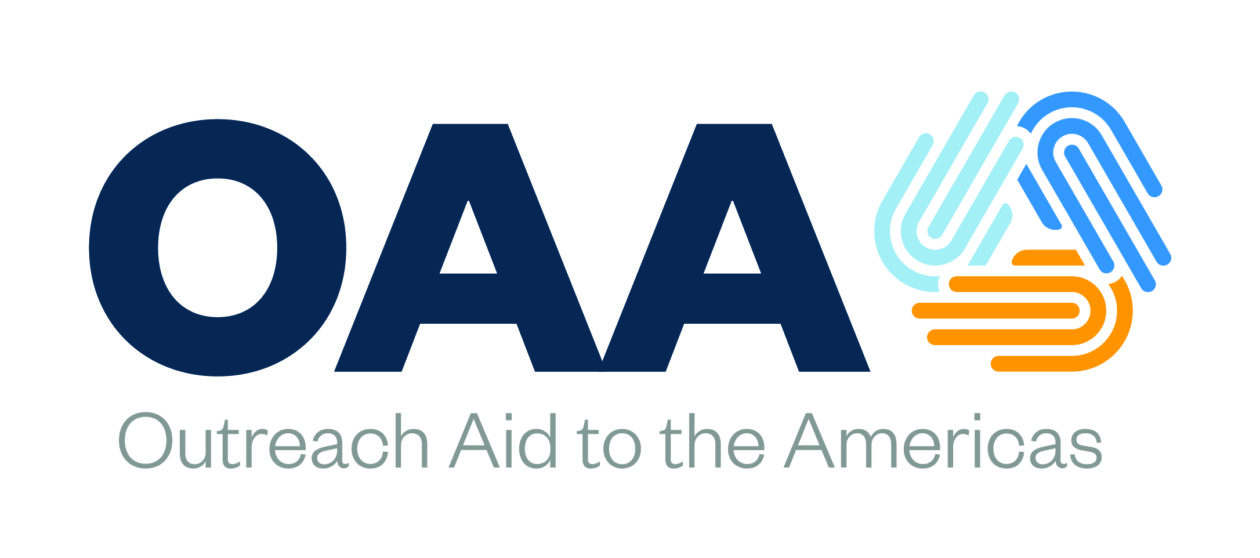Opinion: On Religious Freedom, Cuba Should Follow Uzbekistan Example
by Teo Babún
This Op-Ed was originally published in the Washington Examiner on November 5, 2020.
For too long, Cuba’s authoritarian leaders have largely been able to avoid being held accountable for their numerous human rights abuses. For a recent example, look no further than Cuba’s
election on Oct. 13 to the UN Human Rights Council, where it will join other rights violators such as China and Russia.
Still, this avoidance is becoming increasingly more difficult on the issue of religious freedom. This year, the Cuban government’s egregious and often violent disregard for this right caught the
attention of human rights officials at the United Nations. On May 13, four Special Rapporteurs — on freedom of religion or belief, freedom of opinion and expression, freedom of peaceful
assembly and of association, and minority issues — in addition to the working group on arbitrary detention, issued a communication to the Cuban government raising concerns about violations against a Cuban pastor and his church.
According to the communication, since 2005, Cuban authorities have waged a “constant campaign of harassment and intimidation” against the pastor, Alain Toledano, his family, and the
members of his Apostolic Movement church. Among other violations, authorities have prohibited the pastor from traveling outside of Cuba, and they have destroyed his church and seized its assets.
In his March 2019 report to the UN Human Rights Council, Ahmed Shaheed, the UN Special Rapporteur on freedom of religion or belief, offered Cuban authorities’ treatment of Pastor
Toledano and his church as an example of the Cuban government criminalizing religious beliefs that it considers to be in “conflict with the aims of education, the duties of labor, defending the
nation in arms, the reverence of its symbols or any other stipulations whatsoever contained in the Constitution.” Needless to say, Cuba rejected this allegation. Incidentally, in December 2018, the
Special Rapporteur followed up on a 2006 request by his predecessor to visit the country in order to explore the situation of freedom of religion or belief in the country. To date, the government has remained silent on this new appeal.
Many governments view these country visits with suspicion and derision, often claiming that Special Rapporteurs are in the business of naming and shaming, rather than being honest brokers
for promoting human rights. However, others view these visits as opportunities to identify issues of concern being monitored and documented by civil society, to showcase their best practices
and lessons learned, and to establish an ongoing dialogue with the international community and the UN human rights system in order to demonstrate their commitment to human rights and cooperation.
The Cuban government would do well to take the latter approach, and it can look to Uzbekistan as an example.
Despite their many differences, there are similarities between Cuba’s and Uzbekistan’s treatment of religion. To name only two: in recent decades, both states somewhat relaxed their posture
toward religion from one of ideological based hostility to cautious tolerance. Both states view religious organizations as competitors and potential threats to government control.
However, in the last two to three years, Uzbekistan has taken some noteworthy steps. In 2017, Uzbekistan extended invitations to the UN High Commissioner for Human Rights and Shaheed
to visit the country (it would be the Commissioner’s first visit). In his report on his visit, Shaheed commended Uzbekistan for “full cooperation extended to him, “for accommodating” all his
requests for meetings,” and “granting him unimpeded access to various institutions,” including the infamous Jaslyk Prison, which is known by many as the “house of torture.”
Among other recent reforms, Uzbekistan approved a bill to implement all 12 of the recommendations made by Shaheed. For these efforts, in 2018 the U.S. State Department
rewarded Uzbekistan by taking it off its list of the world’s worst violators of religious freedom, on which Uzbekistan had been since 2006. And although concerns remain, Uzbekistan’s leaders seem genuinely to want to make progress in this area.
Cuba’s leaders should see the current work of the Special Rapporteur on freedom of religion or belief as an opportunity to engage constructively and make progress on this issue. For one, Cuba
can take such steps, such as announcing that it will allow the Special Rapporteur to visit, as a kind of good-faith response to its recent election to the UN Human Rights Council, although it
does not deserve a seat on this body. Of course, taking steps to guarantee religious freedom is the right thing to do for its own sake; but at least for the sake of improving its image on the world
stage, the Cuban government can do a lot worse than to follow the example of Uzbekistan.
